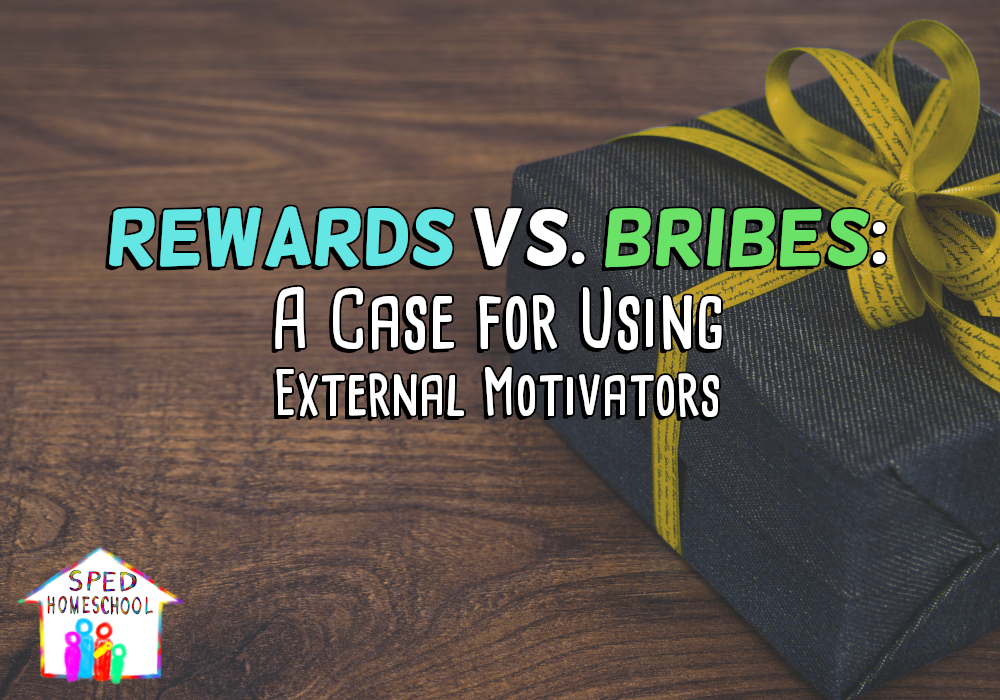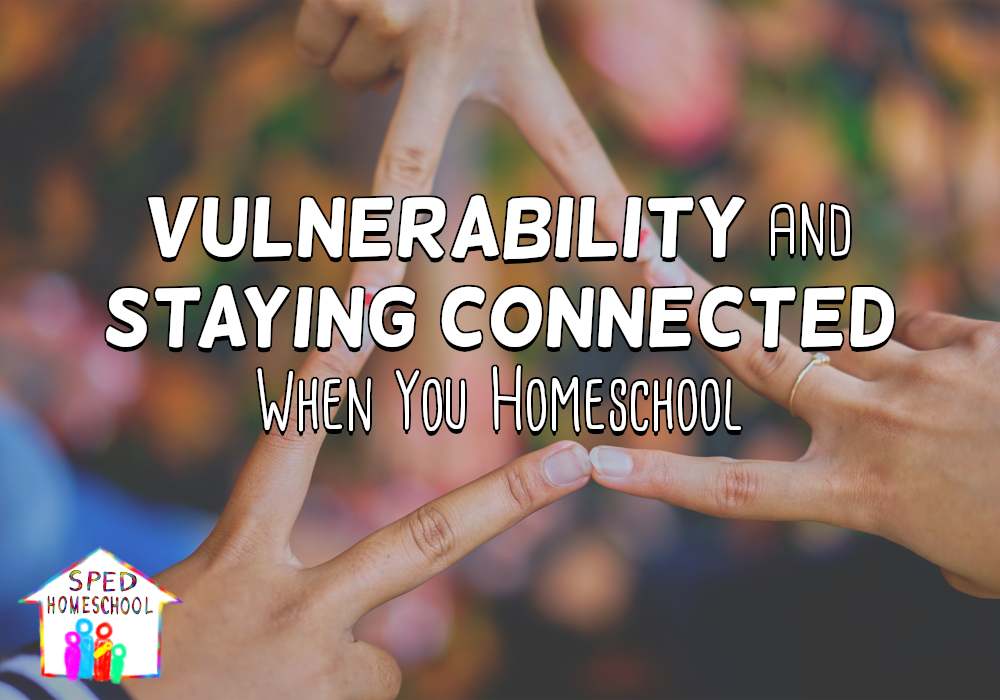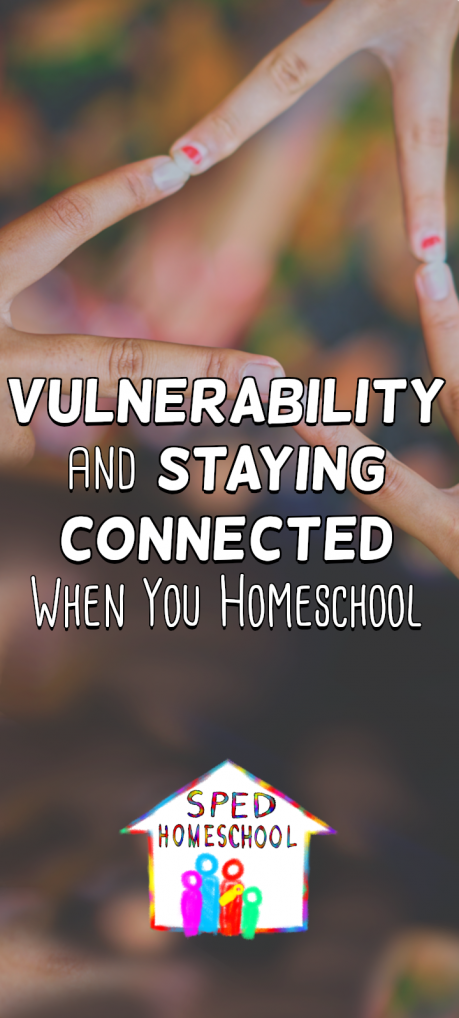
By Jill Camacho
When your struggles seem to never end…
Talking with hundreds of moms online each month, one of the most common heartbreaks I see lies in having no hope. It’s a tough thing to bear when your daily struggles of life have no foreseeable end. It reminds me of Proverbs 13:12 ESV; “Hope deferred makes the heart sick, but a desire fulfilled is a tree of life.”
As a newer mom, I wrestled with tunnel vision and hopelessness. My circumstances were truly difficult, but they weren’t forever. The thing is, it was so easy to live life (and treat others) as though it was. Looking back, I believe the way I was handling my problems made my heart sick, as well as poisoned those around me.
Time changes all things
Looking back at all the difficult phases in our life, they’ve all ended. Even when it seemed like, in the moment, we’d never see a reprieve. If you’re feeling this way in your life, or in your homeschool, please take heart! All things change, ebb, and flow.
If you’re feeling like your child will never, for example, learn to sit still, stay calm, or read simple words (anything really), you’re not alone. Feeling that way is normal. Feeling sad is natural when hope is floating farther and farther away.
We have hope
But we have hope in Jesus. He knows how we feel, and he will redeem every bad situation. We may not know if each redemption is on this side of Heaven or not, but we do have hope.
What helps me in these situations is switching my perspective. I do this by actively remembering our past struggles. I remember how certain situations felt as though they may never end, compared to how long ago they now feel. “What was it God taught me in those seasons?” I ask myself.
I try and think of what I can learn now and pray, asking God for peace and to help me lay things down. I pray for eyes to see all the blessings He’s given me and for faith that helps me weather the storms through weary days. In addition to these things, I seek support!
These are all things you may want to try too! Don’t minimize your issues by telling yourself they are “not as bad as other people’s problems.” Leaving sadness and hopelessness unaddressed isn’t healthy. Find a supportive ear or two (whether in person or an online support group) and consider counseling with a therapist or trusted church staff member if you suspect it’s needed. Therapy has been some of the greatest help I’ve had!
Did you benefit from this article?
Would you consider a small donation to support the on-going work of SPED Homeschool?
Click Here to Donate Today







